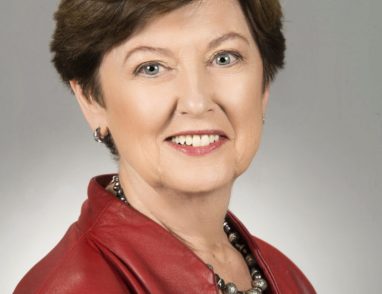Weekly Roundup: Health care news and notes
November 21, 2014 · NCQA
Every Friday NCQA gives a rundown of some of the health care news stories from the past week. Here are some of our picks for this week:
- NCQA and over 60 other groups urge Congress to pass Medicare doc fix supporting PCMH and PCSP. [NCQA]
- HRSA is releasing $51.3 million to support mental health and substance abuse treatment. [Health Resources and Services Administration]
- Patient engagement means enlisting patients in their care. [New York Times]
- Many low-income Americans have gained Medicaid coverage, but their numbers strain some health care systems. [Wall Street Journal]
- Uninsured children rate down to just 7.1 percent, progress is slowing with 5.2 million still not covered. Georgetown University Health Policy Institute]
- The ACA is covering 10.3 million previously uninsured adults and cut the uninsured rate from 20.3 percent to 15.1 percent. [Assistant Secretary for Planning and Evaluation]
- Confused by the ACA’s Narrow Networks? Physicians are too. [Bloomberg]
- Report: Performance measures should include patient actions. [American College of Cardiology]
- Socioeconomic inequality responsible for half of premature colorectal cancer deaths. [Medical News Today]
- Pioneer ACOs can recruit seniors under new CMS test. [Modern Healthcare]
- Newly insured ACA customers are more satisfied with costs (75 percent) than those with other coverage (61 percent), and just 5% with ACA coverage rate it as ‘poor.’ [Gallup]
- KFF finds that while most adults understand health insurance premiums, only 68 percent understand appeals, half understand hospital cost sharing and 1/3 understand formularies.[Kaiser Family Foundation]
- KFF finds more states moving seniors and the disabled into managed care and adding incentives to improve home and community-based long term services and supports access. [Kaiser Family Foundation]
- 13 percent of working-age adults spent 10 percent or more of their incomes on non-premium out-of-pocket costs, and over half with low-moderate income have trouble paying deductibles. [Commonwealth Fund]
- Medigap plans overall are keeping a stable share of about 28 percent of FFS beneficiaries but that options that require cost sharing and not first-dollar coverage are growing fast. [America’s Health Insurance Plans]








